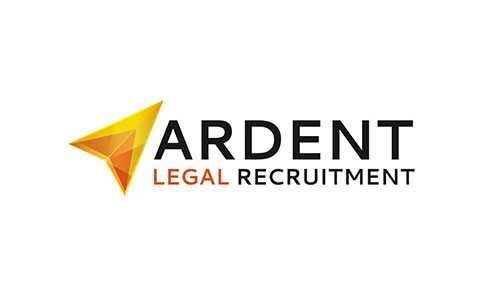Law firms on notice: new fraud law could criminalise over-billing

New rules introduce a new corporate offence of “failure to prevent fraud” that could see law firms held criminally liable for over-stating hours.
Large firms now risk prosecution unless they show they have “reasonable procedures” in place to prevent billing fraud.
Padding timesheets is no longer just a regulatory risk. Under new rules, what was once principally a matter for the SRA now carries the threat of criminal prosecution - and evidence suggests the practice is more widespread than many realise.
New measures to tackle fraud
New anti-fraud rules under the Economic Crime and Corporate Transparency Act 2023 (ECCTA) came into force on Monday (1 September), creating a new corporate offence: "failure to prevent fraud".
It applies to "large organisations" - those which meet two out of three criteria: more than 250 employees, turnover above £36 million, and a balance sheet over £18 million. If an "associated person" commits fraud to benefit the business, and the firm lacked "reasonable" prevention procedures, the firm itself can be prosecuted. It's strict liability - firms can be held liable even if senior management were unaware of the fraud.
For law firms, that means inflated billing by associates, trainees, agents, and, of course, individual partners could potentially expose them to criminal liability.
As Keith Williamson, managing director in Alvarez & Marsal’s disputes and investigations team, warns: "Activities that may be engaged in by lone individuals that benefit their firms (such as a partner over-billing a client or an associate over-recording time that is ultimately charged to a client) would have always threatened the reputation of the firms and potentially prompted regulatory scrutiny, but now firms face the added risk of criminal prosecution."
"Law firms should therefore be reviewing the culture, communications, training, policies and controls around their time-recording and billing processes to ensure they adequately protect themselves."
Why it matters
Padding hours is already a live issue.
Last week, we reported that an Irwin Mitchell senior associate was struck off for inflating timesheets over three years, once billing 23 hours in a single day, while last year a newly-qualified associate at top 100 firm Hugh James was struck off just six months into their role for similar conduct.
The conduct is far from isolated: a RollOnFriday survey of nearly 900 lawyers last year found more than a third admitted to padding timesheets, with one in eight saying they did it regularly.
Supporters of the offence say criminal liability is the right deterrent. Over-billing affects clients and decreases trust in the profession. Critics, though, warn of heavy costs: to keep up with the new requirements, firms will need new compliance frameworks, regular risk assessments and tougher training and monitoring. That means more bureaucracy, more red tape and less resources spent on providing legal services.
Join 10,000+ City law professionals who start their day with our newsletter.
The essential read for commercially aware lawyers.







